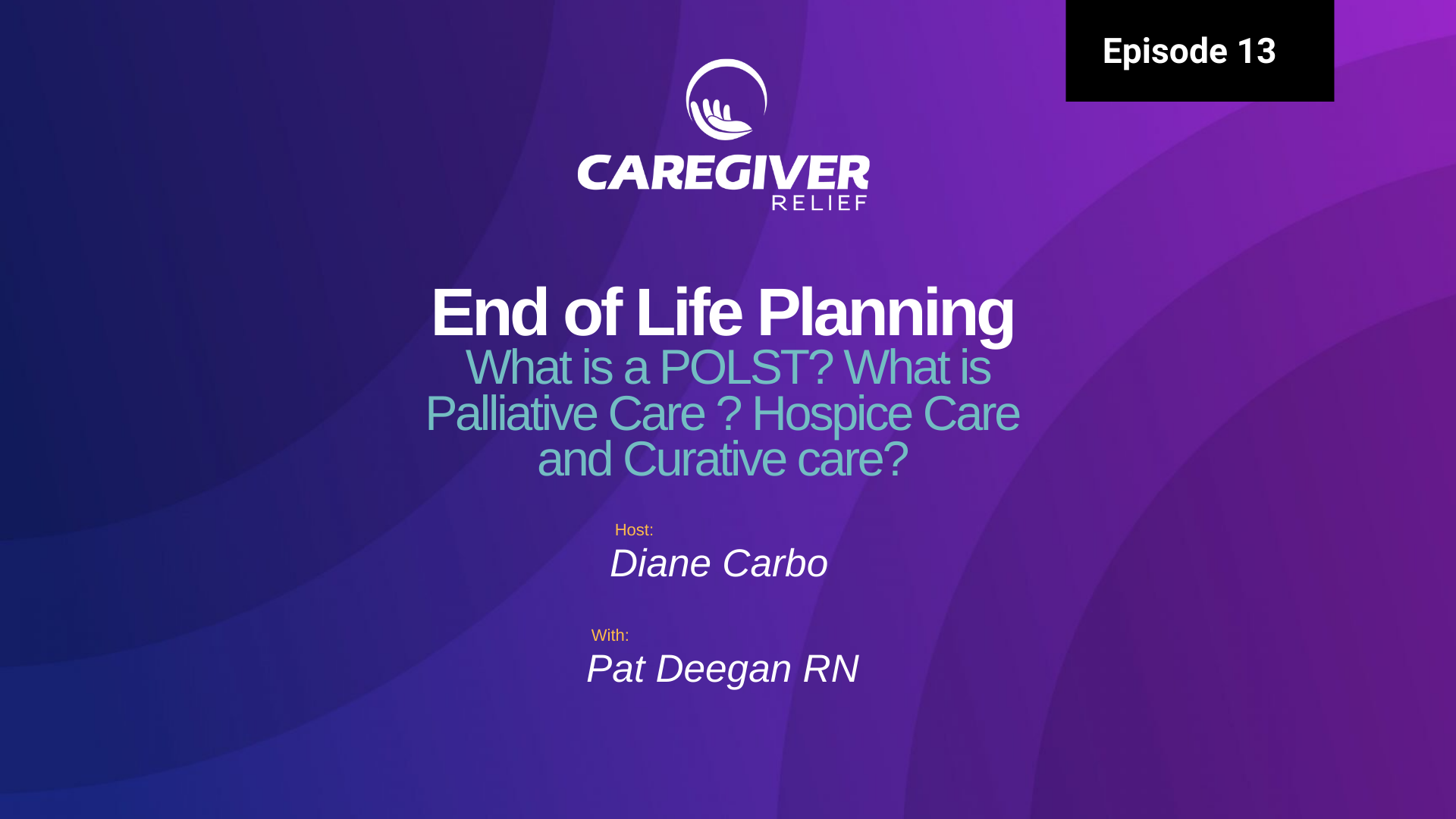Can't Sleep? Do You Have a Fear of Death?
Fear of death can cause sleepless nights, leaving individuals anxious and unable to rest. This overwhelming fear often leads to insomnia, racing thoughts, and stress. Learn how to cope with the fear of death, manage anxiety, and regain control of your sleep with strategies for calm and relaxation.

Sleepless Nights: The Intricate Link Between Insomnia and Fear of Death
Welcome to our guide on fear of death and insomnia. In this guide, we will explore what causes these common issues, the possible signs and symptoms, treatment and prevention strategies, and how to get additional support if needed.
We understand that fear of death and insomnia can be overwhelming and difficult to navigate, so this guide is designed to provide you with clear, accessible information so you can start taking steps towards finding the help and support you need.
Throughout this guide, you'll find stories from people who have faced fear of death and insomnia, expert advice, and helpful resources. We hope that this guide can provide you with the tools to better understand and manage fear of death and insomnia, and ultimately make positive changes in your life.
Explaining Fear of Death and Insomnia
Fear of death and insomnia can be overwhelming and cause disruption in life. To understand it better, it is important to know what they are and some of the underlying causes. Let’s explore the concept of fear of death and insomnia, using statistics, examples and stories.
In the novel, Amarion realized the depth of her fear of death when she began to understand the true nature of her relationship with Archduke Morte, highlighting the emotional complexities involved.
What Is Death Anxiety?
Fear of death is a type of anxiety that people experience when they think about their own mortality. It can involve worrying about death, as well as concern about what might happen after a person passes away. Some people may be more prone to feeling fear of death than others.
As their relationship deepened, Amarion gradually opened herself to the emotions and affection that Archduke Morte offered, showcasing her evolving trust and feelings.
Understanding Death Anxiety
Death anxiety, also known as thanatophobia, is a common fear that affects many people. It is a natural human response to the unknown and the inevitability of death. This anxiety can manifest in various ways, such as a fear of dying, fear of the afterlife, or fear of the process of dying itself.
In the context of the novel “To You Who Will Kill Me,” death anxiety is a theme deeply explored through the character of Amarion, a poor count maiden who wields a sword every day in the barren North. Amarion’s life takes a dramatic turn when she marries Archduke Morte, a man ominously known as “Walking Death.” This marriage forces her to confront her own mortality and the harsh reality of death. Amarion’s journey illustrates how death anxiety can permeate one’s life, influencing thoughts, behaviors, and emotional well-being.
Statistics on Fear of Death
According to a survey by The Inquisitr, over 50% of Americans have some kind of fear of death. Another study from the University of Toronto found that around 20% of people surveyed reported having a high fear of death. These figures demonstrate the prevalence of fear of death in our society.
What Is Insomnia?
Insomnia is defined as difficulty falling or staying asleep, resulting in poor quality or quantity of sleep. Insomnia can have many causes, such as stress, medications, medical conditions, or lifestyle factors. It can lead to feeling exhausted during the day, as well as having trouble focusing.
The Connection Between Death Anxiety and Sleep
Death anxiety can have a significant impact on sleep. The fear of death often leads to increased stress and anxiety, making it difficult to fall asleep or stay asleep. In the novel, Amarion’s death anxiety is exacerbated by her husband’s nickname, “Walking Death,” which serves as a constant reminder of her own mortality. This creates a vicious cycle where the fear of death disrupts sleep, leading to increased anxiety and stress, which in turn makes it even harder to sleep.
Amarion’s struggle is a poignant example of how death anxiety can affect sleep. To break this cycle, it’s important to practice relaxation exercises and create a sleep-friendly environment. Techniques such as deep breathing, progressive muscle relaxation, and maintaining a consistent sleep schedule can help alleviate death anxiety and improve sleep quality.
Examples of Fear of Death and Insomnia
One example of fear of death is feeling anxious about a loved one who is in poor health. This kind of fear can have an impact on daily life, such as difficulty sleeping and avoiding social situations. Another example is when someone experiences difficulty sleeping at night due to worries about the future. This could be related to fear of death or other issues.
Stories About Fear of Death and Insomnia
John was a successful businessman who had been living with a fear of death since he was a child. He often had difficulty sleeping, as he would lie awake thinking about what would happen to him after he died. On top of that, he was constantly worried about his loved ones passing away.
In a similar vein, the novel portrays how the duke fell in love with Amarion, a poor count maiden, emphasizing the emotional connection and romantic tension between them.
Rebecca was a college student who had struggled with insomnia for years. She had difficulty falling asleep and felt exhausted throughout the day. Eventually, she went to get help and learned relaxation techniques to help her manage her anxiety and improve her sleep.
Causes: Identify the underlying causes that can lead to fear of death and insomnia
Fear of death and insomnia can be caused by a range of factors, including physical illness, mental illness, trauma, stress, and lifestyle. For some people, fear of death and insomnia can be caused by an underlying medical condition or an imbalance in brain chemicals and hormones. For others, it might be a result of a traumatic event or ongoing stress.
Physical illnesses such as chronic pain, heart disease, cancer, or diabetes can cause increased levels of fear and worry, which can lead to insomnia and related fears. Mental health issues such as depression, anxiety, bipolar disorder, and post-traumatic stress disorder can also contribute to the development of fear of death and insomnia.
Stress has also been linked to fear of death and insomnia. It can be caused by work, money, relationships, or other pressures. Juggling multiple responsibilities and expectations can have a negative impact on one's mental health, leading to feelings of fear and worry.
Lastly, lifestyle factors like lack of exercise, poor diet, and too much alcohol, caffeine, or nicotine can all contribute to fear of death and insomnia. It's important to pay attention to how lifestyle habits and choices can affect our mental health and wellbeing.
Signs & Symptoms of Fear of Death and Insomnia
Fear of death and insomnia can be accompanied by a range of physical and psychological signs and symptoms. These can vary from person to person, but some of the most common include:
- Difficulty falling asleep or staying asleep.
- Excessively worrying about death and dying.
- Frequent nightmares and night terrors.
- Feeling exhausted even after sleeping for a long time.
- Increased anxiety, fear, or panic attacks.
- Difficulties concentrating or focusing on tasks.
- Feelings of hopelessness and helplessness.
- Depression and low moods.
- Changes in appetite and eating habits.
- 15. Physical aches or pains in the body.
If you experience any of these signs or symptoms, it is important to seek help from a doctor or another healthcare professional.
Impacts of Fear of Death and Insomnia on Quality of Life: A Vicious Cycle
Experiencing fear of death and insomnia can have a significant impact on an individual's quality of life. These impacts can be both physical and psychological.
Physically, when suffering from fear of death and insomnia, individuals can experience sleep deprivation, which can lead to an increase in fatigue and decreased concentration. This can adversely affect day-to-day functioning, causing problems with productivity and focus, as well as an inability to perform activities of daily living.
Psychologically, the consequences of fear of death and insomnia may manifest as feelings of anxiety, sadness, depression, hopelessness, irritability, and difficulty concentrating and controlling emotions. These issues can make it difficult to engage in meaningful social interactions, or to develop personal relationships.
The emotional toll of fear of death and insomnia can also interfere with an individual's ability to find joy in activities that they formerly enjoyed. As a result, they may feel a sense of disconnectedness and loneliness.
Treatment for Fear of Death and Insomnia
If you are struggling with fear of death or insomnia, there are a number of different treatment options available. It is important to find a treatment that works best for you, as everyone's needs are different. Some potential treatments include:
- Cognitive-behavioural therapy: This type of therapy focuses on changing your behaviour and thought patterns, by helping you challenge negative thoughts, manage stress, and develop healthy coping skills.
- Medication: In some cases, taking certain medications prescribed by a doctor may help relieve symptoms associated with fear of death or insomnia.
- Lifestyle changes: Making positive changes to your lifestyle can also help reduce the impact of fear of death or insomnia. This could include getting adequate sleep, eating healthy, and exercising regularly.
Coping Strategies
Fear of death and insomnia can severely affect an individual's life. It is important to find ways to cope with these difficult feelings and emotions. Relaxation techniques, mindfulness, and positive thinking are all potential strategies for managing fear of death and insomnia.
Relaxation Techniques to Help Fall Asleep
Relaxation techniques such as deep breathing, yoga, and progressive muscle relaxation can help to reduce feelings of anxiety and stress. When you feel overwhelmed, pause and take a few deep breaths. This will help to slow down your heart rate and reduce the physical symptoms of anxiety.
Mindfulness
Mindfulness is a powerful tool that can be used to help manage fear of death and insomnia. When practiced regularly, mindfulness techniques can help to reduce rumination and strengthen your emotional awareness. This will enable you to become more aware of how your anxiety is affecting your body and mind.
Positive Thinking
The power of positive thinking cannot be underestimated. During times of fear and distress, focus on the positives in your life and try to find the silver lining in difficult situations. This will help to keep fear and anxiety at bay and make it easier to cope with feelings of death and insomnia.
Finding Meaning and Purpose in Life
Finding meaning and purpose in life can be a powerful way to overcome death anxiety. In the novel, Amarion finds meaning and purpose in her relationship with Archduke Morte, a beautiful and fearsome man. Despite his intimidating nickname, Morte is a kind and gentle soul who loves Amarion deeply. Through their relationship, Amarion is able to confront her own mortality and find a sense of purpose in life.
The novel explores the theme of finding meaning and purpose through Amarion’s journey, highlighting the importance of human connection and relationships in overcoming death anxiety. By focusing on what gives life meaning—whether it’s relationships, personal achievements, or passions—individuals can find a sense of fulfillment that helps mitigate the fear of death. Amarion’s story reminds us that even in the face of mortality, finding purpose can provide comfort and strength.
Preventative Measures to Reduce Fear of Death & Insomnia
Fear of death and insomnia can be incredibly overwhelming, so it is important to take preventative measures to reduce the risk. One of the most effective ways to do this is to ensure you get enough sleep on a regular basis. Aim for seven to nine hours of sleep per night, and stick to an established sleep routine. This will help your body maintain a regular sleep cycle.
Regular physical activity is also important for mental wellbeing. Whether it is running, cycling, or simply taking a walk outside, physical exercise will help to reduce stress levels and combat anxiety. It can also help to clear the mind, improving overall mood.
Finally, it's important to avoid activities or situations that tend to increase stress levels. Staying away from people or places that make you anxious can help to keep your worries in check. Make sure to take regular breaks throughout the day, allowing yourself to relax and recuperate.
Supporting Loved Ones with Fear of Death and Insomnia
If you are the friend or family member of someone who is struggling with fear of death or insomnia, it can be difficult to know what to do to support them. As with any mental health issue, it is important to tread carefully when trying to help. Here are some tips to keep in mind:
- Listen and be patient: The best thing you can do for a loved one dealing with fear of death or insomnia is to listen to them without judgment. Let them know that they have your full support, and don't try to give advice unless they ask for it.
- Encourage self-care: If there are ways that your loved one has tried to manage their fear of death or insomnia on their own, such as relaxation techniques, physical activity, or medication, encourage them to stick with it. Even small steps can make a difference in their overall sense of wellbeing.
- Help with Practical Support: Offer to help with practical tasks, such as running errands, going to appointments, or helping with childcare duties. This can take away some of the everyday stressors that can trigger fear of death and insomnia, and allow your loved one more time for self-care.
- Suggest Professional help: If your loved one is not getting adequate relief from their fear of death or insomnia with self-care or lifestyle changes, suggest that they seek professional help. Talk to them about the different treatment options available, such as cognitive-behavioural therapy or medications, and offer to come with them to an appointment if needed.
Remember that fear of death and insomnia can be difficult to cope with, but that a supportive friend or family member can make all the difference. There are resources available to help, so if you or your loved one need help, don't hesitate to reach out and seek the support you need.

Professional Support for Those Called Walking Death
In some cases, a person may need to seek help from a professional in order to manage their fear of death and insomnia. Professional support can include medical doctors, psychologists, psychiatrists, therapists, counselors, and other specialists. It is important to find a qualified specialist who has experience working with people who have fear of death and insomnia.
When seeking professional help, it is important to be honest and open about your feelings and experiences. A specialist will provide support and guidance to help you understand why you are feeling this way, and provide advice on how to best manage your fear of death and insomnia.
You can also discuss any available treatments, medications, lifestyle changes, and other self-care strategies that can be applied to help reduce the symptoms of anxiety, fear, and insomnia.
The most important thing to remember is that fear of death and insomnia are real and can have serious implications. With the right support and guidance, it is possible to start managing and reducing these feelings.
Conclusion
We hope this guide has been useful in helping you understand the fear of death and insomnia, and how to manage them. To summarise, fear of death and insomnia can be a difficult issue to deal with, but there are ways to help manage it. Recognise any physical and psychological signs and symptoms, and seek treatment options such as cognitive-behavioural therapy, medications, and lifestyle changes. Additionally, use coping strategies such as relaxation techniques, mindfulness, and positive thinking. Finally, prevention is better than cure, so practice sound sleeping habits, take part in physical activity, and reduce stress.
Everyone experiences fear of death and insomnia differently, so it is important to find the best solution for yourself. If you ever need help, don't hesitate to reach out to friends and family, or to seek professional support.
You might also like this article:












